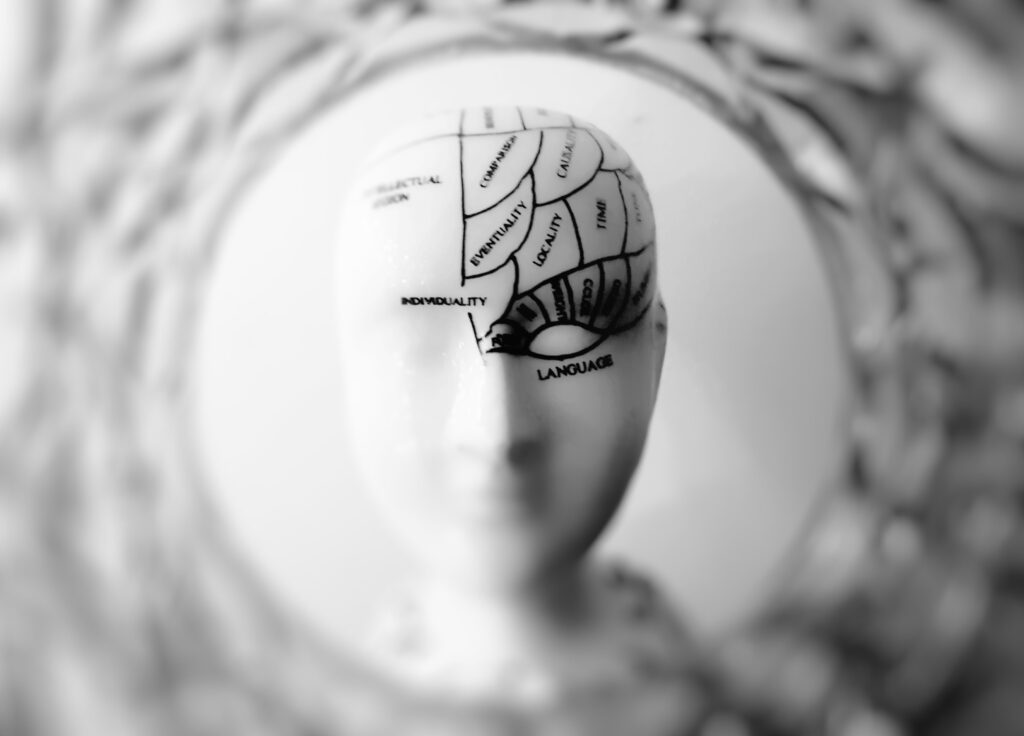
The latest edition of Science News has a review of the book, Feeling and Knowing by Antonio Damasio. I have not yet read the book, but the review offers several interesting quotes and concepts that intrigue me, and I expect will intrigue many others. There are a few hints at a definition of a concept that is very hard to define. “Consciousness is what gives an individual a sense of self; it helps one stay in the present, remember the past and plan for the future.”[1] That is certainly part of what we call consciousness: a “sense of self,” memory, and the ability to “plan for the future.” Of course, some animals have memory and the ability to plan for the future. It is a little harder to tell if they have a sense of self, but they do have an instinct for self-preservation. And when it comes to planning for the future, there is a certain coconut octopus in the Pacific that has shown the ability to plan. These octopi will take two halves of a coconut shell with them to a barren part of the ocean floor (where there are no coconut shells to be had) to use as a shelter against the elements and predators. Some researchers believe that they are aware of the lack of shells in that location and plan for their time of rest in that environment.[2] If planning is part of consciousness, then these and many other animals have a degree of consciousness that is less than that of humans yet still significant.
In his book, Damasio further explains consciousness as something that is
“generated by a variety of structures within an organism, some neural, some not. What’s more, feelings — mental experiences of body states — help connect the brain to the rest of the body. ‘The feelings that we have of, say, hunger or thirst, or pain, or well-being, or desire, etc. — these are the foundation of our mind,’ Damasio says. In his view, feelings have played a central role in the life-regulating processes of animals throughout the history of life.”[3]
Does this capture the essence of consciousness? Is it truly a combination of the effects of bodily structures, some neural and some not? If we add in feelings of hunger, thirst, pain, well-being, and desire, does that capture it completely? Most of us would say there is something more and yet may not have an explanation of the something more.
Is it possible that this is one of those circumstances where we reach a boundary beyond which our physical sciences cannot pass? Do we need to look to the philosophers and theologians to bridge the gap? Perhaps, like the coconut octopus, we need to take along something more for the journey into the unknown desert. We don’t have to force biology to answer all the questions of life. What of philosophical and theological concepts such as the soul? Might these have a place in the discussion?
I look forward to learning more about the latest research into consciousness and intelligence as they relate to humans, pre-homo sapien hominids, and animals. As I do, I may plan ahead and pack a small bag in which to carry a few other concepts from the philosophers and theologians just in case they might prove helpful.
[1] “‘Feeling & Knowing’ explores the origin and evolution of consciousness,” Science News, JP O’Malley, 2022-01-05.
[2] “Are Octopuses Smart?”, By Sarah B. Puschmann, LiveScience.com, August 18, 2017, accessed 2022-01-06. “Jennifer Mather, a professor in the Department of Psychology at the University of Lethbridge in Alberta, Canada… defines intelligences as using information from the environment to alter behavior, although she also thinks this information can be used to make decisions. Mather’s assumption that octopuses plan ahead is based on observations other researchers have made in the western Pacific on the coconut octopus (Amphioctopus marginatus), which is known for its ability to carry around coconut halves and opened coconut shells before clamping the two sides closed around their bodies for protection. To Mather, it’s key that these octopuses carry the coconut halves or shells and don’t just scrunch into their new shelter at the site where they found the shells….”That’s using the environment but it’s much more important, [it’s] predicting what you’re going to need for the future and taking the actions now, planning for what you’re going to have to do later….””
[3] “‘Feeling & Knowing’ explores the origin and evolution of consciousness,” Science News, JP O’Malley, 2022-01-05.